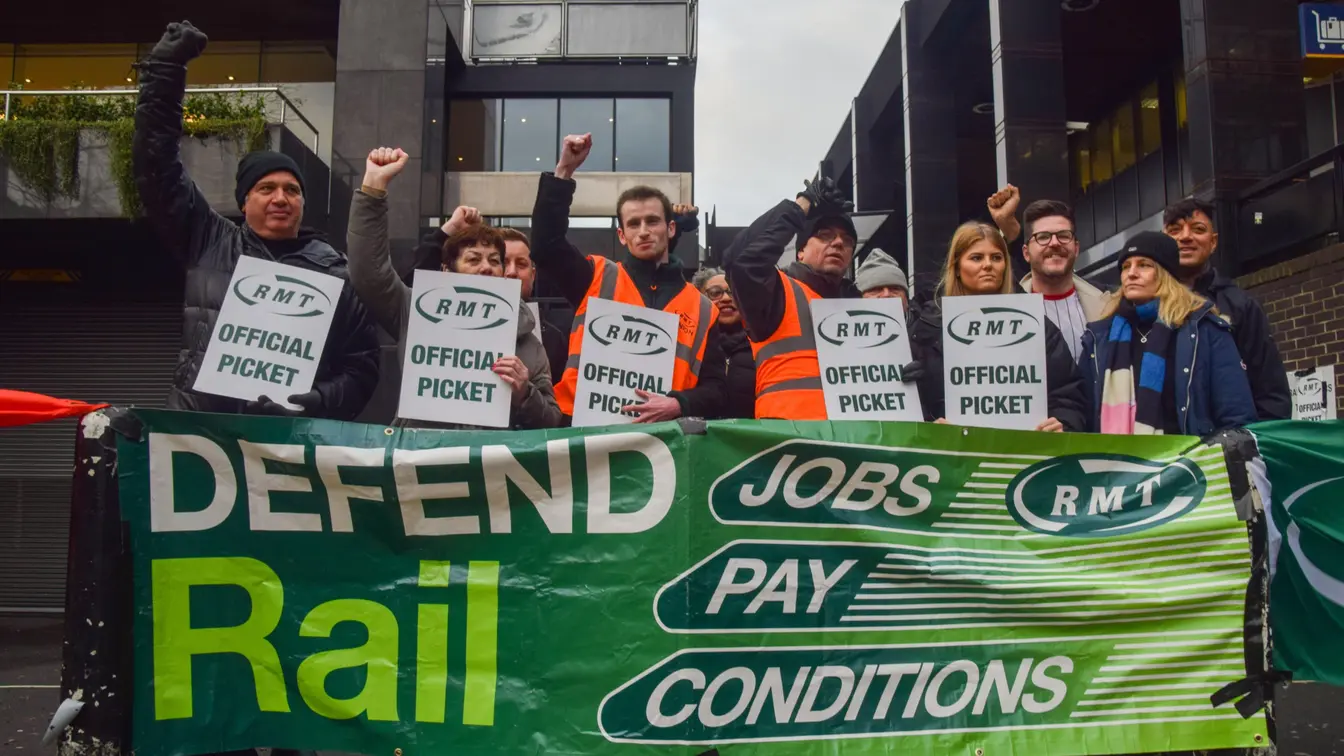T4K3.news
Union pay demands raise fiscal risk
Public sector pay claims collide with Britain’s fragile finances and could affect growth and public services.

A critical editorial analysis of a column arguing that public sector pay demands collide with Britain's fragile finances.
Unions push costly demands threaten Britain's budget and jobs
Public-sector unions, led by the RMT and the BMA, have announced plans for a week-long strike in September and are pressing for sizable wage increases. The government has already faced a heavy fiscal burden, with debt interest payments rising and growth staying weak. Tax receipts in 2024-25 grew only in line with inflation, and productivity in the public sector has fallen since 2019. Critics say higher pay without corresponding productivity gains risk fueling inflation and prolonging economic weakness.
Key Takeaways
"Pay rises without productivity gains merely generate inflation"
editorial remark highlighting the core flaw in unaffordable pay hikes
"Britain is bust and the debt story is catching up"
summarizes the fiscal risk the column attributes to current policy
"Public finance cannot carry another round of uncosted pay demands"
concise statement about the limits of fiscal space
The column argues that wage demands must fit the broader economy and productivity trends. It warns that inflation risks rising if pay rises outpace output, and it questions whether public services can sustain more generous pay during a stagnating growth period. The piece also highlights political risk, suggesting that aggressive strikes could undermine investor confidence and complicate fiscal policy for a Labour government.
Highlights
- Pay rises without productivity gains fuel inflation
- Fiscal reality does not bend to pay demands
- Growth must come first or the debt burden will bite
- Public funds cannot carry another round of uncosted pay deals
Budget and political risk from union pay demands
The piece links public sector pay hikes to inflation, higher deficits, and potential backlash against a Labour government. It warns of consequences for public services and markets if unions push beyond fiscal limits.
Policy debates on pay and productivity will define Britain’s next chapter.
Enjoyed this? Let your friends know!
Related News

UK economy grows as PMI rises WH Smith slides on accounting error

Tech stocks retreat as markets pause after record highs

Thames Water contingency plans approved

Wes Streeting warns against resident doctors’ strike

Air Canada delays resumption after strike

Reeves eyes broad tax hikes in Autumn Budget

Markets Waver as Nvidia Eyes China Chip Push

BMA warns NHS plans jeopardize patient safety during doctors' strikes
